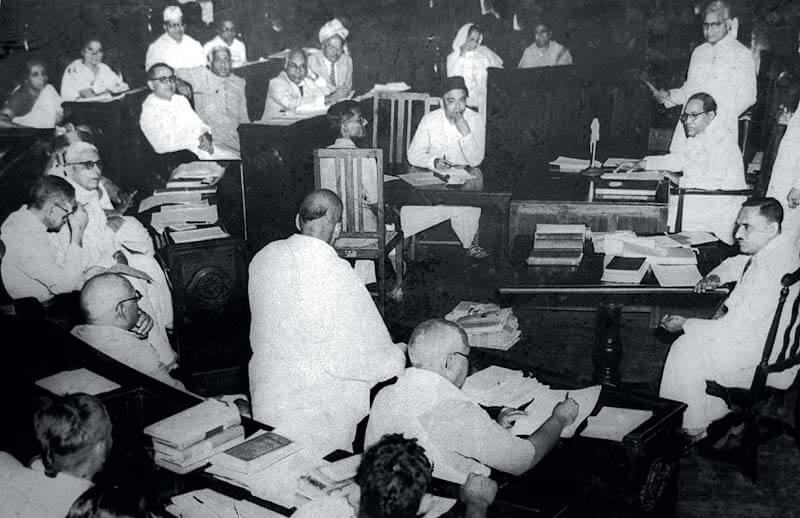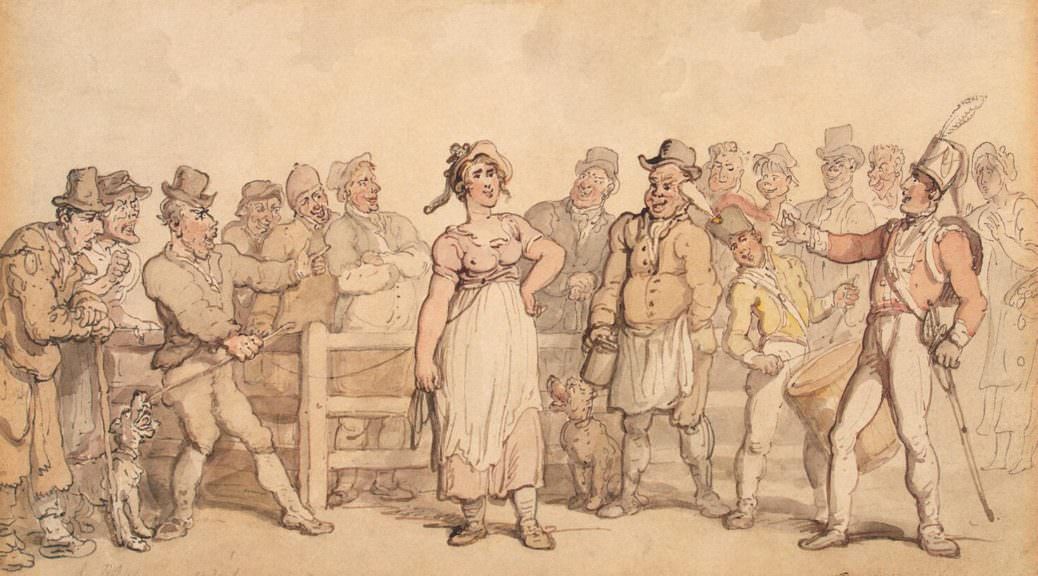This episode of the podcast features two guests, Zach and Kelly Weinersmith. Zach is the author of SMBC Comics, a popular webcomic that sometimes deals with advanced concepts in science, philosophy, economics, and other fields. Kelly is a professor in the Biosciences department of Rice University. Together they co-authored Soonish: Ten Emerging Technologies That’ll Improve and/or Ruin Everything.
To quote the book’s description,
In this smart and funny book, celebrated cartoonist Zach Weinersmith and noted researcher Dr. Kelly Weinersmith give us a snapshot of what’s coming next–from robot swarms to nuclear fusion powered-toasters. By weaving their own research, interviews with the scientists who are making these advances happen, and Zach’s trademark comics, the Weinersmiths investigate why these technologies are needed, how they would work, and what is standing in their way.
In this fun and lively conversation, we discuss some of the technologies discussed in the book: space elevators, asteroid mining, augmented reality, and programmable matter. We also discuss the tragic life of Gerald Bull, Canadian space cannon enthusiast.
Subscribe to Economics Detective Radio on iTunes, Android, or Stitcher.













